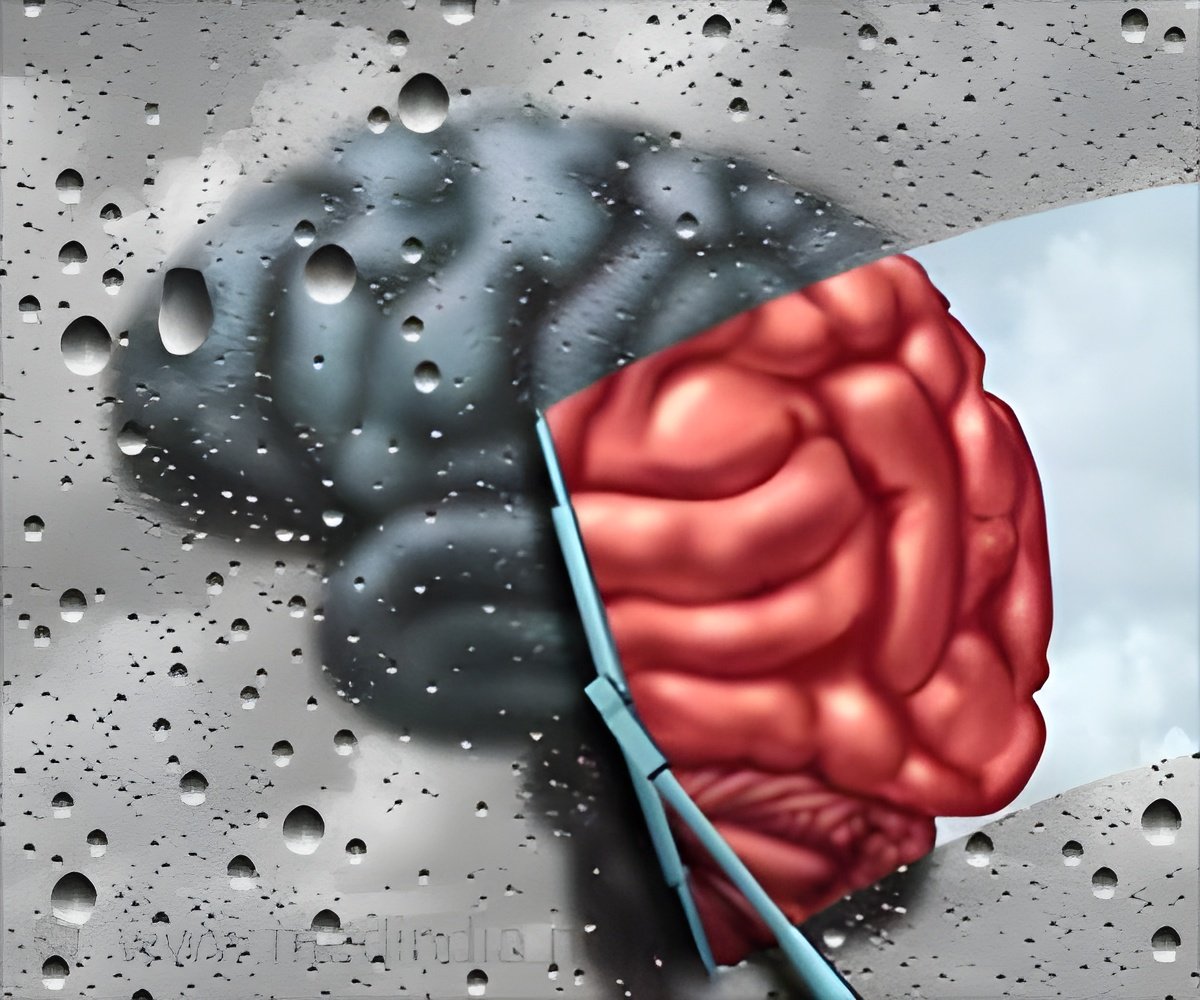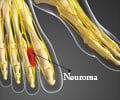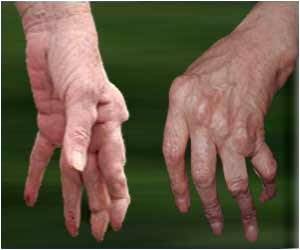Is there a connection between Osteoporosis and dementia? Yes, loss in bone density may be linked to an increased risk of dementia in older age.

How Bone Density May Be Linked to Dementia Risk?
Low bone density and dementia are two conditions that commonly affect older people simultaneously, especially as bone loss often increases due to physical inactivity and poor nutrition during dementia. However, little is known about bone loss that occurs in the period leading up to dementia.Researchers looked at X-rays to identify bone density. Participants were interviewed every four to five years and completed physical tests such as bone scans and tests for dementia. Over an average of 11 years, 688 people, or 19% developed dementia.
Of the 1,211 people with the lowest total body bone density, 90 people developed dementia within 10 years, compared to 57 of the 1,211 people with the highest bone density.
After adjusting for factors such as age, sex, education, other illnesses and medication use, and a family history of dementia, researchers found that within 10 years, people with the lowest total body bone density were 42% more likely to develop dementia than people in the highest group.
Previous research has found factors like diet and exercise may impact bones differently as well as the risk of dementia. This research has found a link between bone loss and dementia, but further studies are needed to better understand this connection between bone density and memory loss.
Bone loss may occur already in the earliest phases of dementia, years before any clinical symptoms manifest themselves. If that were the case, bone loss could be an indicator of risk for dementia, and people with bone loss could be targeted for screening and improved care.
Advertisement
People with reduced physical activity- often in older persons because of medical problems such as heart disease, diabetes, and stroke – have reduced bone density and, independently, increased risk for dementia.
Advertisement
Source-Eurekalert















